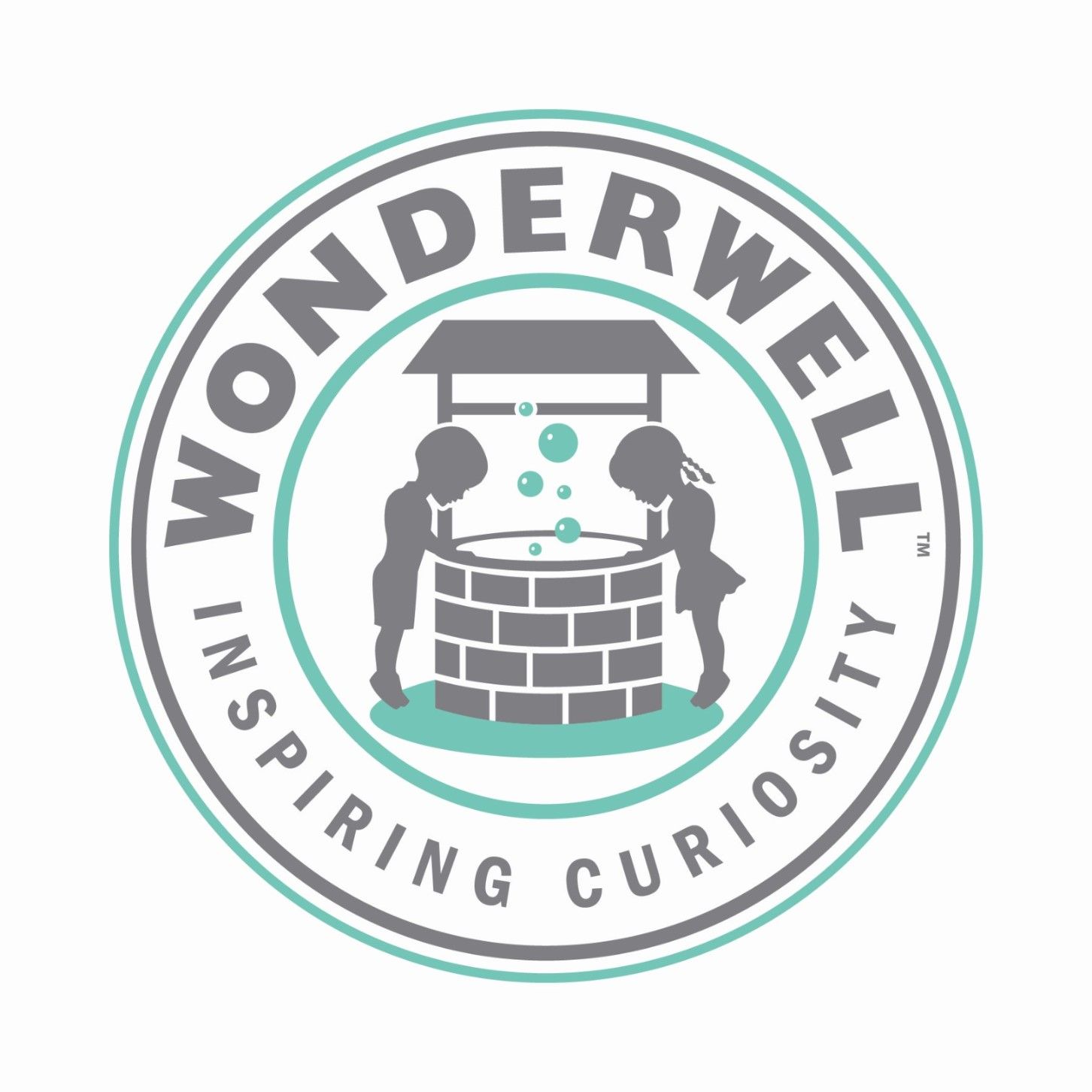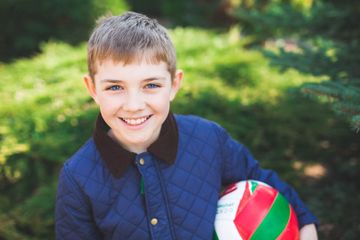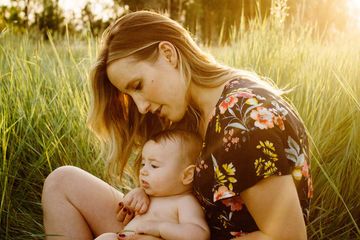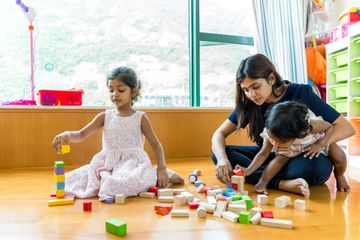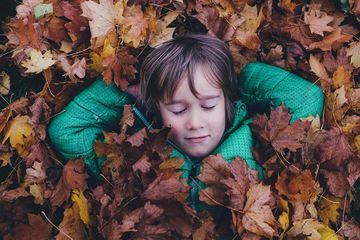Philosophy
EXPLORE THE Reggio Emilia APPROACH
Emergent curriculum inspires and extends learning based on student interests as opposed to a ready-made curriculum with predetermined facts and information
The Hundred Languages of Children: a child's "language" is not limited to their verbal communication; children creatively express their thinking and learning through play, drawing, speaking, dancing, writing, singing, sculpting, painting, acting
A Reggio-inspired school is relationship-driven and encircles the child with three teachers or protagonists: the parent, the teacher, and the environment; these relationships are interconnected and supported by the school
Children are viewed as competent individuals who are capable of taking an active role in their own learning
Teachers are co-constructors of knowledge and work alongside students to observe their interests and interactions in an effort to design experiences that inspire their innate curiosity
Teachers design provocations to "provoke" children's thinking, research, investigations, and hands-on exploration
Project-based learning: using their careful observations of each child's explorations, interests, and questions, teachers introduce projects accordingly
The classroom environment, the third teacher, is a beautiful, clutter-free, inviting learning space carefully planned and organized with natural, open-ended materials; the environment is flexible and responsive to student needs and interests
Teachers document student progress and development in a variety of ways on a daily basis; documentation includes teacher observations, anecdotal records, visual media, narratives, student work samples, project artifacts to make students' learning visible, revisit their interests and thoughts, reflect, and to support their next steps
